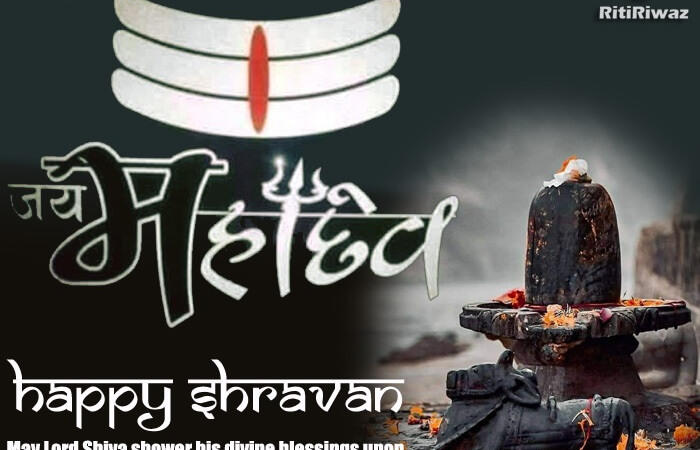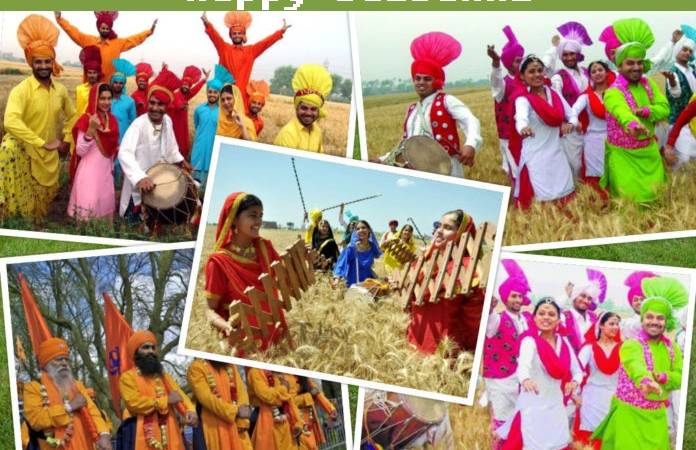Bakr Id or Eid al-Adha

Bakr Id or Eid al-Adha is an occasion to give and sacrifice. It is a day to thank the Almighty for one’s good fortune and to share it with the less fortunate brethren.
Id-ul-Zuha, or Id-ul-Azha, as it is called in Arabic, translates as ‘the feast of sacrifice‘. Popularly, Bakr-Id is marked by the slaughter of animals as sacrificial offerings, after which the meat is distributed among the needy and deprived.
However, the concept of sacrifice is better understood through a legend from the Old Testament.
In 2024 Eid al-Adha begins on Monday, 17th June.
Suggested Read: Eid ul-Fitr
Legend
Legend has it that Allah commanded Hazrat Ibrahim (Abraham) to sacrifice his son Ismail on Mount Mina near Mecca. Ibrahim, unable to see himself kill his son, blindfolded himself, and carried out the pronouncement of God. When he took off the blindfold, a lamb lay slaughtered on the altar and his son stood there unharmed.
Ibrahim understood then that this willingness on Ibrahim’s part to give up his only son was what God sought, and not the sacrifice of human flesh and blood.
The legend ascertains that all God requires of man is a surrender of his will and self. Like Ibrahim, who willingly surrenders his beloved son to God, a true follower of Islam is expected to sacrifice something that is dear to him.
The animal sacrifices made during Bakr-Id are mainly to provide food to the poor and to commemorate the noble act of Ibrahim. This spirit of sacrifice is what truly underlines the spirit of Bakr-Id. Incidentally, the day also coincides with the day when the holy Quran was declared complete.
Suggested Read: Jamat-Ul-Vida

Rituals of Bakr Id
Bakr-Id is celebrated from the tenth to the twelfth day in the Islamic month of Dhul Hijjah. Every year, while pilgrims to the Mount of Mina make animal sacrifices as part of the pilgrimage rituals, Muslims the world over celebrate Bakr-Id in a similar fashion.
Every true Muslim who possesses wealth equal to or more than 400 grams of gold or is capable of affording two square meals a day, is expected to sacrifice an animal. A goat (also called Bakri, hence Bakr-Id), sheep, camel, or any other four-legged animal is slaughtered during one of the three days of the festival, and the meat is distributed. The sacrificial offering is divided into three parts – one for the self, another for friends, and the third, most importantly, for the needy. The sacrifice can be offered at any time before the afternoon of the third day.
Festivities mark the first day, when people wear new clothes, offer prayers at the mosque, and greet friends and relatives. Special prayers are offered on all three days. It is said that the celebrations are carried on over three days to ensure that the entire Muslim community partakes in the noble act of giving and sharing.
Celebrated In
Bakr-Id is celebrated all over India with much fervor, as it is in the rest of the Islamic world. The name Bakr-Id, however, is most popular in India. In Arabic, the feast is usually referred to as Id-ul-Azha or Id-ul-Zuha.
Suggested Read: Eid-ul-Fitar In India






